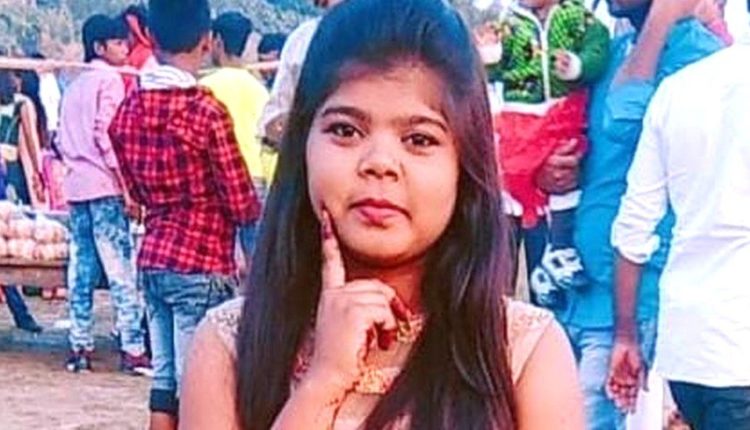Reports of girls and young women being brutally assaulted by family members have recently made headlines in India. The incidents have also put the spotlight on how unsafe girls and women are within their own homes.
Last week, 17-year-old Neha Paswan was allegedly beaten to death by members of her extended family in the northern state of Uttar Pradesh because they didn’t like her wearing jeans.
Her mother, Shakuntala Devi Paswan, told BBC Hindi that the teenager had been severely beaten with sticks by her grandfather and uncles after an argument over her clothes at their home in Savreji Kharg village in Deoria district, one of the least developed regions in the state.
“She had kept a day-long religious fast. In the evening, she put on a pair of jeans and a top and performed her rituals. When her grandparents objected to her attire, Neha retorted that jeans were made to be worn and that she would wear it,” her mother said.
The argument escalated, resulting in the violence, she claims.
Shakuntala Devi said as her daughter lay unconscious, her in-laws called an autorickshaw and said they were taking her to hospital.
“They wouldn’t let me accompany them so I alerted my relatives who went to the district hospital looking for her but couldn’t find her.”
The next morning, Shakuntala Devi said, they heard that the body of a girl was hanging from the bridge over the Gandak river that flows through the region. When they went to investigate, they discovered it was Neha’s.
Police have lodged a case of murder and destruction of evidence against 10 people, including Neha’s grandparents, uncles, aunts, cousins and the auto driver. The accused have yet to make any public statement.
Senior police official Shriyash Tripathi told BBC Hindi that four people, including the grandparents, an uncle and the auto driver, had been arrested and were being questioned. He said police were looking for the remaining accused.
Neha’s father Amarnath Paswan, who works as a day labourer on construction sites in Ludhiana, a town in Punjab, and had returned home to deal with the tragedy said he had worked hard to send his children, including Neha, to school.
Shakuntala Devi said their daughter wanted to be a police officer, but “her dreams would never be realised now”.
She alleged that her in-laws were putting pressure on Neha to leave her studies in a local school and often chided her for wearing anything other than traditional Indian clothing.
Neha liked to dress up in modern outfits – two of the photographs her family shared with the BBC showed her wearing a long dress in one and a pair of jeans and a jacket in another.
Campaigners say violence against women and girls within homes in a society steeped in patriarchy is deeply embedded and is often sanctioned by family elders.
Girls and women in India face serious threats – from being at the risk of foeticide even before they are born because of the preference for sons – to discrimination and neglect. Domestic violence is rampant and on average, 20 women are killed every day for bringing in insufficient dowries.
Women and girls in small town and rural India live under severe restrictions with village heads or family patriarchs often dictating what they wear, where they go or who they talk to, and any perceived misstep is considered a provocation and must be punished.
No wonder then that the alleged assault of Neha for her choice of clothing is just one among a number of brutal attacks reported on girls and young women by their family members that have recently shocked India. BBC


Comments are closed.